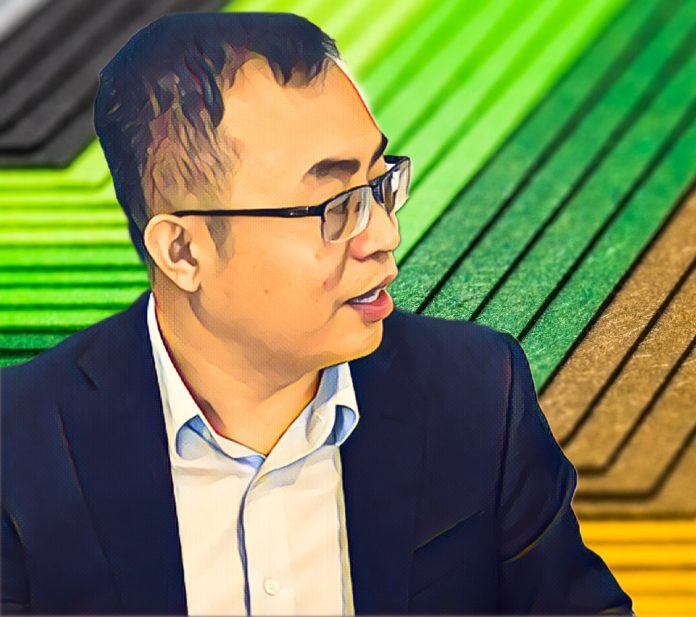Key Points
-
Nigeria remains viable investment destination amid reforms and infrastructure expansion.
-
Nigeria remains viable investment destination due to strong free zone incentives and logistics.
-
Nigeria remains viable investment destination as confidence returns among global investors.
Mr. Val Attah, the Managing Director of Lekki Free Zone Development Company (LFZDC), has said again that Nigeria is still a good place to invest. He pointed to policy changes, infrastructure improvements, and incentives for investors that keep foreign capital coming in, even though the global economy is not doing well.
Attah spoke at a business roundtable in Lagos and said that the zone’s unique incentives, strategic location, and growing connectivity make it one of Africa’s top industrial and logistics hubs.
With new reforms, Nigeria is still a good place to invest
Attah says that recent economic changes made by President Bola Tinubu’s government, such as bringing together the foreign exchange market and spending more on infrastructure, have made investors more hopeful.
He said that foreign investors are coming back, especially in the areas of manufacturing, logistics, and energy.
He also said that the Lekki Free Zone, which covers more than 16,500 hectares, lets foreigners own 100% of businesses, doesn’t charge taxes, and lets people bring in raw materials without paying duties.
Attah said, “There are a lot of chances here.” “Nigeria is still a good place for global manufacturers to invest because it gives them access to West Africa’s 200 million consumers.”
Nigeria is still a good place to invest because of its infrastructure
He said that the Lekki Deep Sea Port, which is now open, and the Dangote Refinery, which is also in the same corridor, have made the area Nigeria’s new economic nerve centre.
He said, “These projects make value chains that work together.” “Investors feel more confident when they see infrastructure.”
Dr. Gabriel Idahosa, who is the President of the Lagos Chamber of Commerce and Industry (LCCI), agreed and called the free zone “a model for how industrial policy should work.”
Dr. Tayo Aduloju, CEO of the Nigeria Economic Summit Group (NESG), said that the mix of private investment and public infrastructure “has put Lagos on the global industrial map.”
Despite its problems, Nigeria is still a good place to invest
But Attah did say that investors are having a hard time because of things like inflation, power outages, and changes in currency value.
He stressed that the zone’s governance model, which includes streamlined licensing and dispute resolution processes, protects it from these kinds of problems.
He said, “The private sector does well when policies are clear.” “That’s what we give investors here.”
He told policymakers to keep up the pace of reform and make infrastructure financing more available. He said that stability and transparency are key to keeping investors’ trust.
Bismarck Rewane, the CEO of Financial Derivatives Company and an economic analyst, said that the Lekki corridor now makes up more than 12% of Lagos State’s GDP. He said, “That’s proof that targeted industrial zones can change the direction of national growth.”
The Lekki Free Zone shows that clear policies, good infrastructure, and partnerships with local businesses can turn potential into success as Nigeria tries to diversify its economy and rely less on oil.



